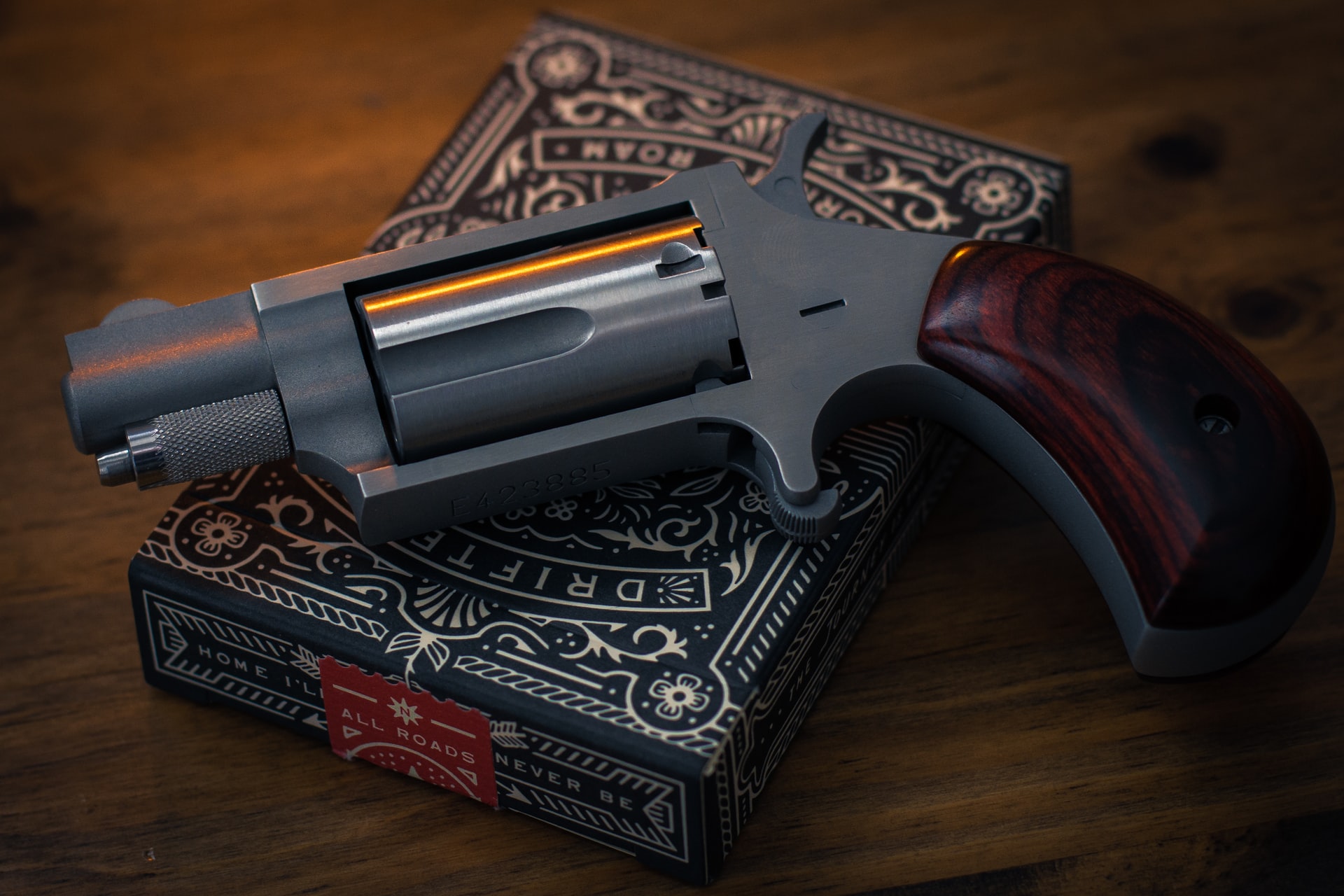Americans are big on leaving behind inheritances. Every year, assets and items worth hundreds of billions are inherited.
Nevertheless, some things people get in an inheritance can be more headache than their worth.
Some inheritances only have sentimental value, and not financial value, or cause emotional strife.
Other inheritances may require you to fill out paperwork with local police authorities.
Here are three things it’s best not to leave behind, unless you know your inheritor wants it.
Items of purely sentimental value
Inheritances can initiate intense legal challenges and familial turmoil.
It is human nature to fight about money. And it is human nature for people to fight over nothing.
Leaving items with closely associated intense values of sentimental value in an inheritance can cause as much trouble as money.
Family and close friends may find a reason to fight over inherited items with zero financial value.
An old piano, antique dinner plates, or a family broach may not fetch value on the open market, but such sentimental items being given to one relative over another can be the fuel to ignite or renew family grievances.
Old items with sentimental value could also upset inheritors who will find out the hard way that such items are unsellable.
You may want to give away such items to charity and avoid the drama.
Potentially valuable collectibles
While inheritors would love cold hard cash, everyone dreams of inheriting valuable artwork, collectibles, or valuable jewelry which they can then later sell.
However, the process of getting inherited items appraised can be easier said than accomplished.
Unless they are in the know, how would oblivious inheritors go about getting a valuable painting or jewelry appraised? Would they know where to find a reputable appraiser?
And would they know if they were being deceived or ripped off by an appraiser?
What would be the point in leaving behind items of value that your inheritors would have trouble quantifying in value?
If you grant valuable collectibles to your inheritors, leave behind the value of each or exacting instructions on how to get the items appraised on their own. You also leave a directory of trusted appraisers in your inheritance paperwork for your beneficiaries to contact when needed.
It’s important to understand that certain collectibles of value may not seem valuable to those you gift them to.
Your best option is to leave such valuable collectibles to people who will appreciate them so they don’t mishandle them or throw them away.
Weapons
Bequeathing firearms in an inheritance can end up being a lot more trouble than it’s worth.
Unless you are leaving behind a highly collectible firearm valued for its rarity and historical import, gifting ordinary firearms can cause regulatory headaches.
Depending on your state of residence, you can’t just give or gift a firearm to someone else. Transference of firearms, even to relatives as gifts in an inheritance, could require notifying your local police station and filling out new permits or registrations.
Every inherited firearm may need to be exactingly documented and inventoried by local police authorities before transference.
Depending on where you live and the weapon type, such as fully automatic weapons and sawed-off shotguns, may not be legal in the first place nor transferable.
You may be better off selling guns to reputable dealers and giving your beneficiaries the resulting cash.


